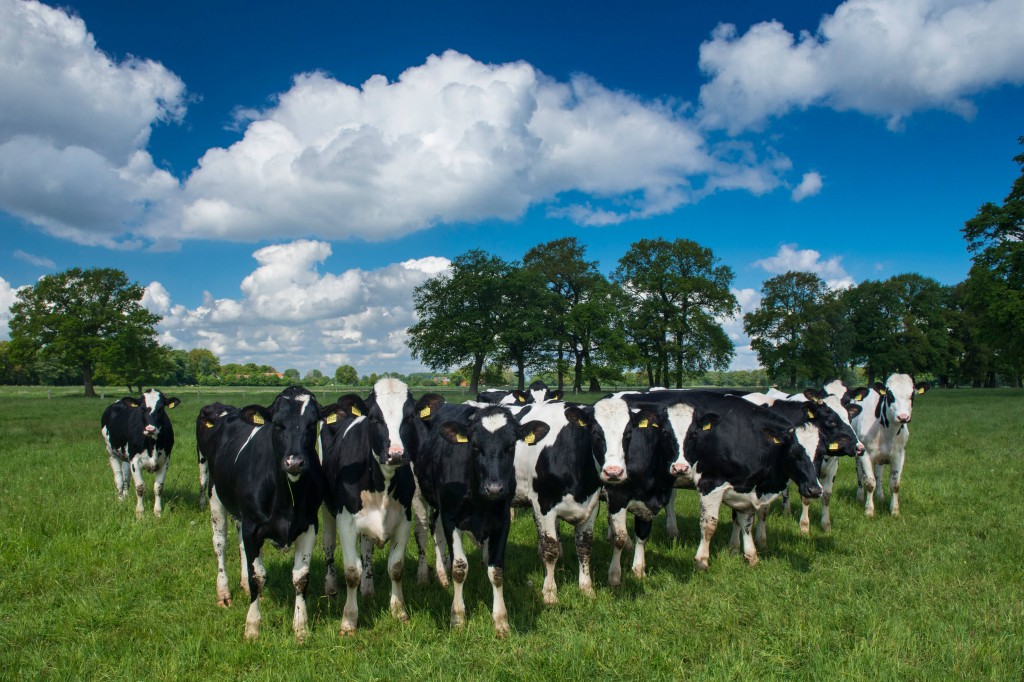The War on Cows: From Methane to Meat Taxes
Daren Bakst /
Last month, the President released a climate action plan designed to cut methane emissions.
If you are a cow, be afraid. Be very afraid.
The same goes for humans.
The plan outlines voluntary measures, such as a “Biogas Roadmap,” to reduce dairy sector greenhouse gas emissions by 25 percent by 2020. There’s concern though that these measures merely represent the tip of the iceberg.
Agriculture accounts for only about 8 percent of all greenhouse gas emissions from human activities. Within that 8 percent, the second largest source of agriculture emissions is enteric fermentation—the digestive process that leads to cow methane emissions, which are emitted in ways that are not appreciated at dinner parties. Methane emissions from enteric fermentation, while covering numerous livestock animals, are overwhelmingly from cows.
Since 1990, methane emissions have fallen about 11 percent. According to the White House, this decline occurred “even as activities that can produce methane have increased.” Methane emissions from livestock animals have remained relatively flat since 1990, slightly increasing by only about 2 percent. From 2008–2012, the methane emissions from livestock animals actually declined by about 4 percent.
There’s nothing the U.S. can do in terms of reducing GHG emissions that would have any meaningful impact on global temperature. Given the miniscule contribution cows make to GHG emissions, any efforts to address cows and their GHG emissions is all cost and no benefit.
Yet, the regulation of cow emissions could be on the horizon. While no regulations are planned as of now (as far as the public knows), it’s naïve to think that any voluntary measures related to global warming won’t lead to new regulations.
Several senators sent a letter to various government officials, which, while requesting collaboration on voluntary measures, also sought to ensure that there would be no mandatory regulations to reduce methane emissions from the agriculture sector:
It is our hope that the EPA, USDA, and DOE will work with Congress and the agriculture industry to outline voluntary measures that can be taken to reduce emissions without imposing heavy-handed regulations on farms across America. We respectfully request that you commit in writing to refrain from proposing new regulations, guidelines, or other mandatory requirements on methane or other GHGs from the agriculture industry.
If there are regulations, costs will go up for ranchers and farmers, which will likely mean higher food prices. There are even serious proposals to tax meat.
Some are arguing that meat consumption should be drastically reduced; others advocate pushing people to become vegans in order to address global warming.
A spokesman from the Overseas Development Institute, a British think tank, explained in The Financial Times:
Forget coal, Forget cars. The fastest way to address climate change would be to dramatically reduce the amount of meat people eat. But that involves cultural preferences and they are difficult to touch.
At least he recognized that it would be difficult.
Everyone should be concerned when the ridiculous becomes a topic of “serious” policy discussion. The very idea of regulating cow methane emissions sounds funny, because it seems too silly to happen. Unfortunately, absent congressional action, it will likely become a reality.

